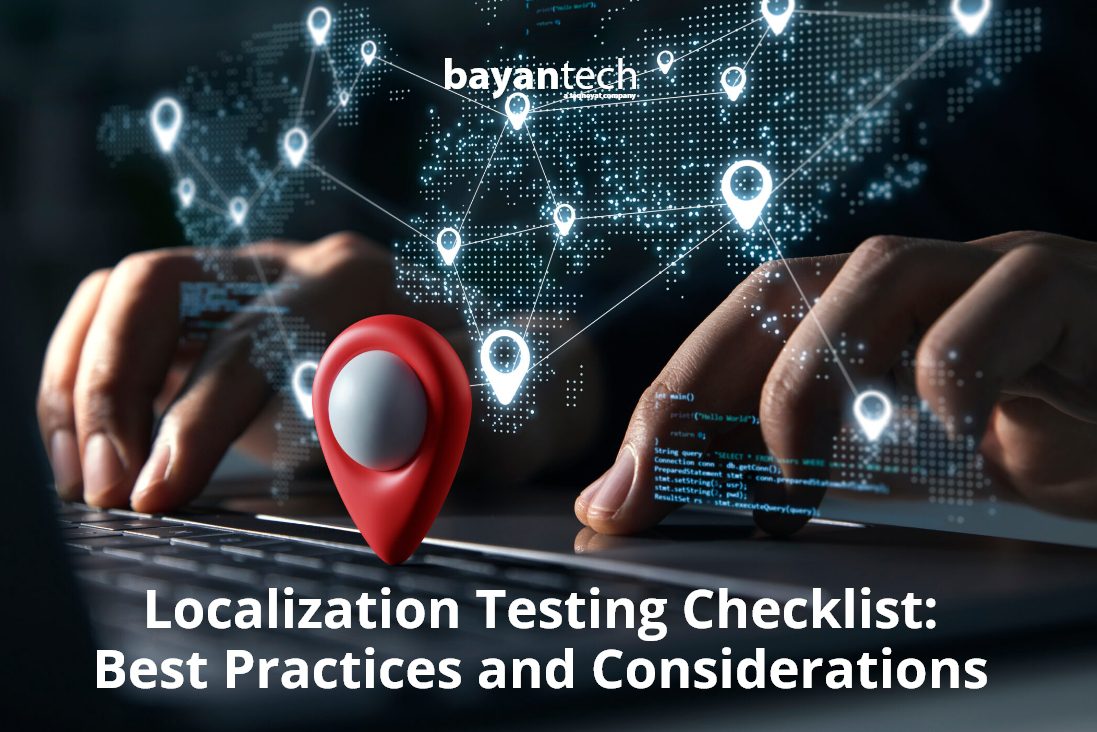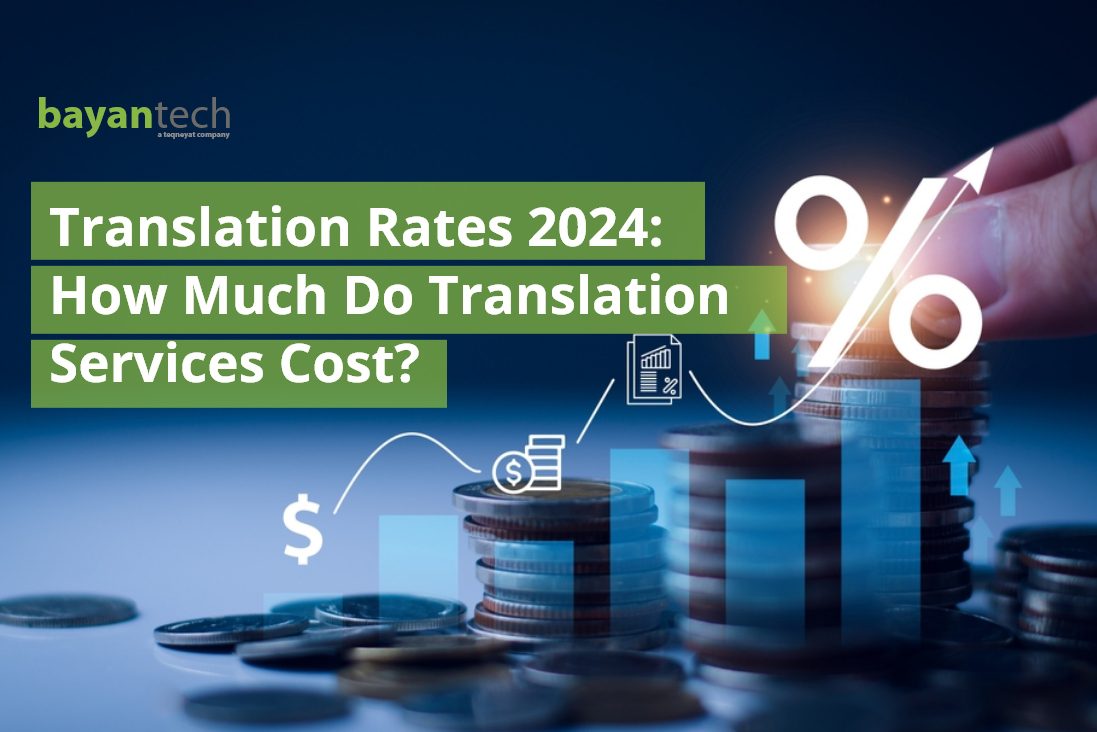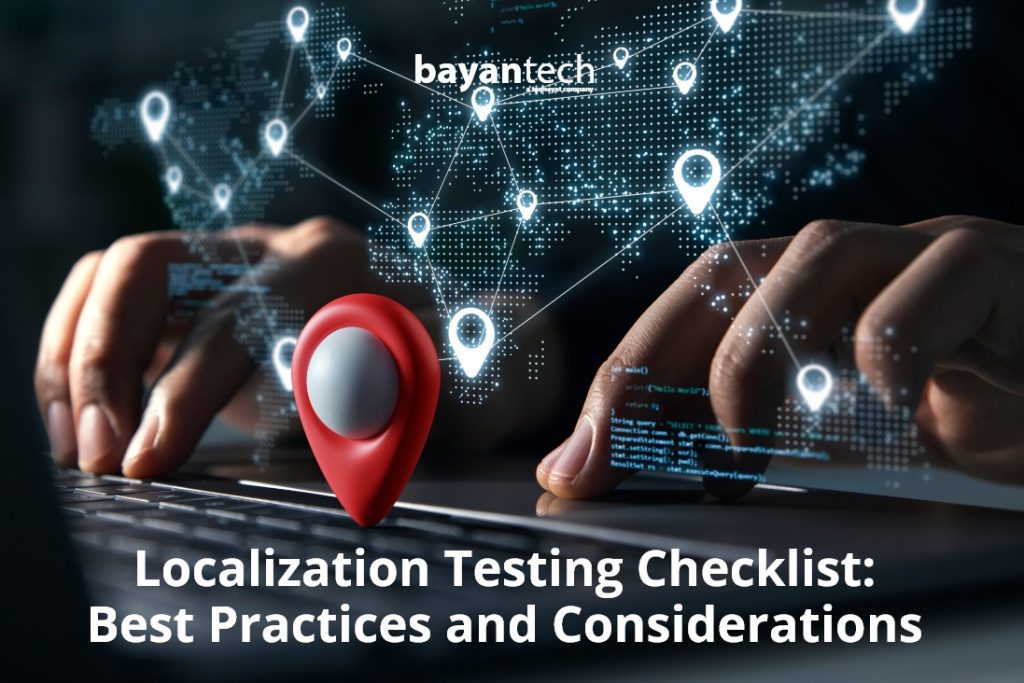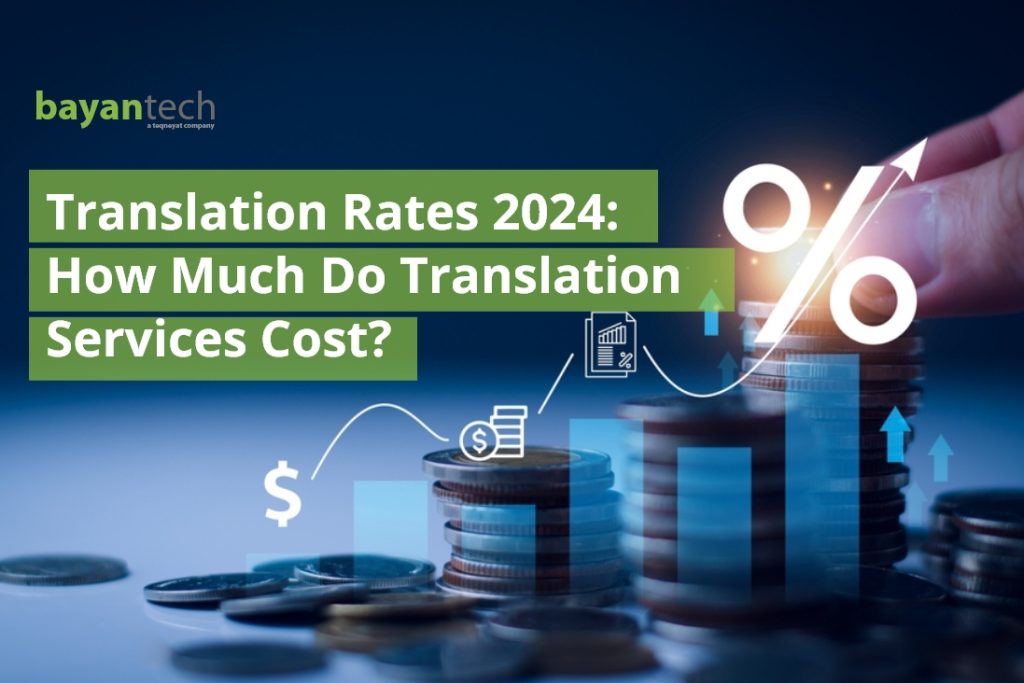E-commerce Website Localization and Translation:
The global market is evolving, e-commerce is thriving, and MENA is the future. MENA is an acronym for the region of the Middle East and North Africa; it’s a region with unprecedented potentials for a revolutionary market growth. But, why now? According to ECN, “For the last five years, the number of internet users has been rapidly growing in MENA region”. This internet growth creates various opportunities for economic expansion, chiefly representing itself through e-commerce. It’s no wonder then the tie-up between Google, Paypal, Aramex, and ShopGo e-commerce website for MENA.
Now, all eyes on MENA; but there’s still a gap: language!
Common Sense Advisory, a research provider focusing on global business and commerce, released a report titled “Can’t Read: Won’t Buy” stated that (52.4%) buys only at websites where the information is presented in their language. So, if you need to approach your targeted MENA audience and promote your brand and business credibility, localization is the magic word. Businesses have instantly recognized the impact of localizing their websites, like Google and Microsoft, and others are following in their footsteps.
Arabic Localization is your portal to MENA, but greatness can’t be rushed. Arabic Website Localization is a sophisticated strategic process requiring much effort in different directions simultaneously. It encompasses multiple stages of adapting language, culture, and formats, securing a smooth connection between your website and the users.
For boosting your MENA e-commerce reach, we bring you the following 3 key considerations for better website localization:
Language Concerns
By launching a localized e-commerce website for MENA, you are exploring a market where Arabic is the most common spoken language with over 280 million people speak Arabic in 22 countries in the Middle East and North Africa.
Check our blog on Why Arabic Localization Matters? to learn more about the Arabic Language.
The Arabic language is considered sophisticated in nature. The wide diversity of Arabic dialects can be a pothole on the road to the Arab market. So, it is very crucial to pinpoint a specific regional locale to mark your target audience and give yourself a local presence. The best way, however, to overcome the Arabic language varieties, and achieve your expansion objectives is to use Modern Standard Arabic (MSA); it is your choice, since it is commonly understandable by the majority and therefore, it is the best way to reach out vastly to your targeted audience all over MENA.
In addition to that, an Arabic glossary and terminology development is an essential step in your website localization process. Consistency and quality are vital for your e-commerce project, and your website needs the best translation for industry-specific words. A comprehensive Arabic glossary is what it takes here for successful e-commerce localization strategy.
Context and Culture Aspects
One of the key elements to conquer MENA market is to understand the culture of the target audience, and this involves aspects that go way beyond mere translation. The MENA region and the Arabs are conservative and very sensitive to specific topics, like religion, politics, gender…etc. It’s recommended to undergo a cultural assessment to study and present the appropriate localized content for your e-commerce website.
One successful example of Arabic website localization is when Souq, a Dubai-based e-commerce platform, localized global promotions and sales campaigns like Black Friday and created White Friday to suit their users’ cultural preferences. It is worth mentioning that website localization also includes terms, expressions, colors, symbols, graphics, images, videos, and overall themes.
It goes without saying that localizing your website should include the proper transfer of dates, calendar, holidays, prices, currencies, and units of measurements; this all adds to the consistency of your website and thus improving the user experience and enhancing your marketing image.
Payment methods are another thing your website localization should regard. Online purchasing among Arabs has become quite common now, especially with the constant internet penetration and the increasing use of credit cards. However, the majority still opt for cash upon delivery. Either way, approaching your MENA audience requires facilitating users’ preferred payment methods and others on your localized website, along with convenient shipping and delivery.
RTL, Software, and Other Crucial Technical Components
Localizing your website requires a lot of technicality changes in your website, and that’s when a development team joins the process. One necessary aspect is realizing how different the Arabic writing system is. Arabic is bidirectional language, which means the text runs from right to left, but numbers and Latin-based characters run from left to right.
This unique characteristic poses many challenges; mainly to have a software and a format that support RTL scripts, and later while carrying out the required changes to the web layouts, aligning texts, punctuation, keywords, mirror imaging, graphics, columns and tables, navigations bars…etc.
With focusing on the right content management system (CMS), and proper URLS and encoding, a technical, visually accurate, and RTL-friendly layout is enforced here, making your message clear enough, your content looking professional, and your localized website more appealing to your MENA audience.
Wrapping up & Conclusion
Your business can take advantage of the booming e-commerce market, and localization brings you one step closer. If done properly, you catch up with the world’s fast-paced economic players. So, if we can add one more key consideration to the previously mentioned ones, it’s going to be: partner with an adequate localization and translation agency, with enough experience with your target audience in MENA. Global corporations seek professional help of localization agencies because this is how you guarantee the utmost utilizing of techniques and intricate data analysis to have your message delivered in the most professional, accessible, and attractive way.
We promise this and more. With a league of professional translators, linguists, graphic designers, and localization engineers, led by devoted localization project managers, BayanTech has multiple years of experience working on Website Localization and Translation into Arabic language. We skilfully handle bidirectional language (RTL Languages) and the requirements entitled by its specific characteristics using high-tech software and tools.
Our teams deliver world-class localization making your market goals to grow a reality. If you are willing to localize the whole experience for your users, and not just words, contact us.
Click on a star to rate this post!
0 / 5. 0












